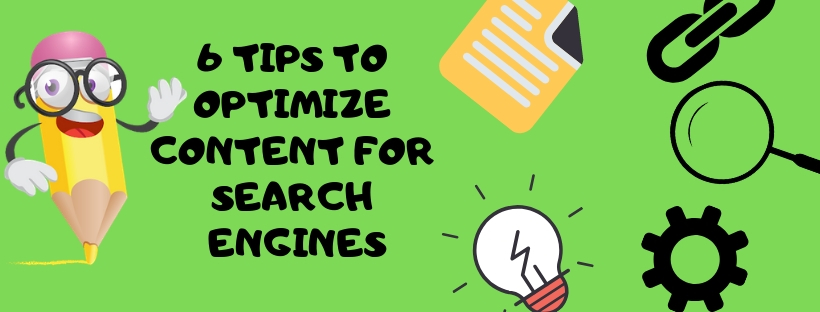

Remember to write for humans:
While it may be tempting to write articles that are loaded with keywords and fancy phrases that will be picked up by search engines, remember that all of it is pointless if you do not keep your final consumer in mind. Most search engines are programmed to pick up synonyms, and similar words for the search so don’t worry too much about repeating the same few keywords. Focus a lot on the quality of your article since quality will always outdo the quantity. Even if your articles are short, they will win if they are rich in information.
Site speed
A slow site is off-putting for the users. Nobody likes waiting, so there are chances of losing viewership if your site takes longer to load. There are tons of pages on the web and chances are that consumers will switch to a faster page if yours seems to take too much time. The bottom line is that your first step should be to check the speed of your website and improve it as much as possible.
Include links:
A few hours of reading the basics of search engine optimization will make you realize the importance of inking and back-linking to improve the visibility of your website. There are chances that a number of your articles may seem inter-related or one may reference the other. In such cases, it is always a good idea to add the relevant links so that the viewers are more likely to delve further and explore your site. Moreover, backlinks from credible websites can significantly improve the visibility and credibility of your website.
Pay attention to the heading:
The heading is an integral part of any content which you choose to publish on the internet since it is one of the first things that will catch the eye of the viewer. For obvious reasons, your heading must be one that is easily understood but also quickly picked up by search engines. It is a good idea to incorporate keywords here. Moreover, the heading should have elements that directly engage with the audience, such as a direct question, relatable statement, or numerical data.
Have proper heading tags and metadata:
The heading tags are an element in HTML which enhance the online visibility of your subheadings. This means that your content becomes more comfortable to read and search engines find it easier to get an idea about the content of the page and how suitable it is for the required search. It is important to use the keywords frequently in the heading tags. The metadata description is usually less than 200 words in length but is a vital part for search engine optimization. Hence, it helps if the description is short and persuasive but also contains a liberal amount of the keywords.
We hope that these tips have been useful in improving your knowledge about the functioning of search engines and the most optimum way to legally improve the visibility of your website. It is important to keep in mind that in a lot of cases, good quality and excellent customer reviews can go a long way towards enhancing the image of your website. These tips are pointless if they are used along with articles that are of poor quality or have not been made to meet the needs of the viewers, A large part of this job includes understanding the market and their demands.
So there you have it! Let us know how helpful you found this and any other tips that might increase your online viewership.